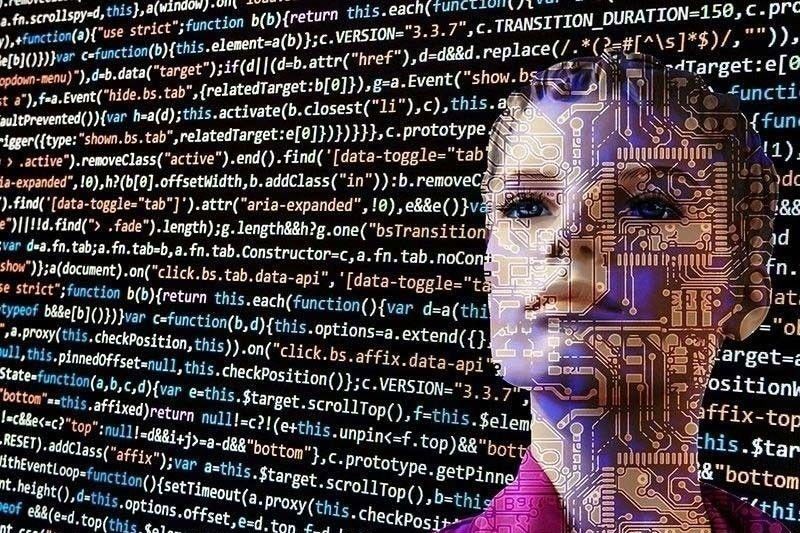DICT: Deepfakes, AI red flags as 2025 polls near

MANILA, Philippines — Deepfakes and artificial intelligence (AI) are a risk as the May 2025 midterm elections approach, according to the Department of Information and Communications Technology (DICT).
During a recent briefing set by Speaker Martin Romualdez, DICT Undersecretary Jeffrey Ian Dy raised the red flag and called on the House of Representatives to draft legislation that would regulate the use of AI in creating “misleading videos.”
Deepfakes are images or recordings that have been altered and manipulated to misrepresent someone as doing or saying something that, in reality, they did not do.
Dy issued this warning to the joint House committees on information and communication technology and public information, headed by Navotas City Rep. Tobias Tiangco and Agusan del Norte 1st District Rep. Jose Aquino II, respectively.
He recalled the proliferation of videos on social media showing broadcasters or news reporters endorsing products or reporting fake news.
Manila Bulletin editor Art Samaniego, a cybersecurity expert, said Congress must pass measures that would regulate and thwart cyberattacks against the government, institutions and citizens.
He noted that AI could undermine the sanctity of ballots and alter the real voice of the people.
Samaniego and Dy told the joint committee that regulating the use of AI is timely and significant.
The recent wave of cyberattacks is a wake-up call for the government to protect the country’s digital infrastructure, according to Tiangco.
“The recent cybersecurity breaches have further highlighted the pressing need for enhanced security measures and vigilant monitoring to ensure the integrity of our critical information,” he said.
These breaches have the potential to disrupt essential government services, compromise sensitive data and create significant impact on national security, he added.
The Philippine National Police recorded 64,077 cybercrime cases.
Data showed that cases gradually decreased from March to December 2023, which could be attributed to the enactment of the SIM Card Registration Law and intensified efforts to boost cybercrime awareness.
- Latest
- Trending



























